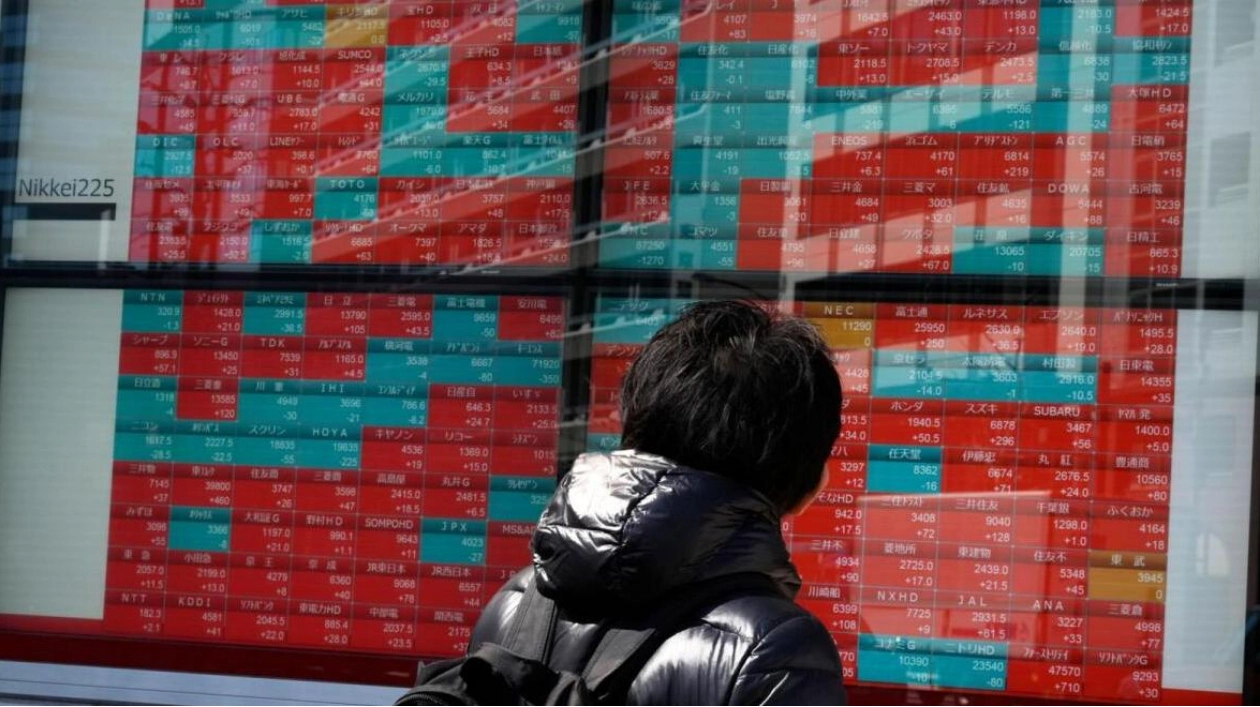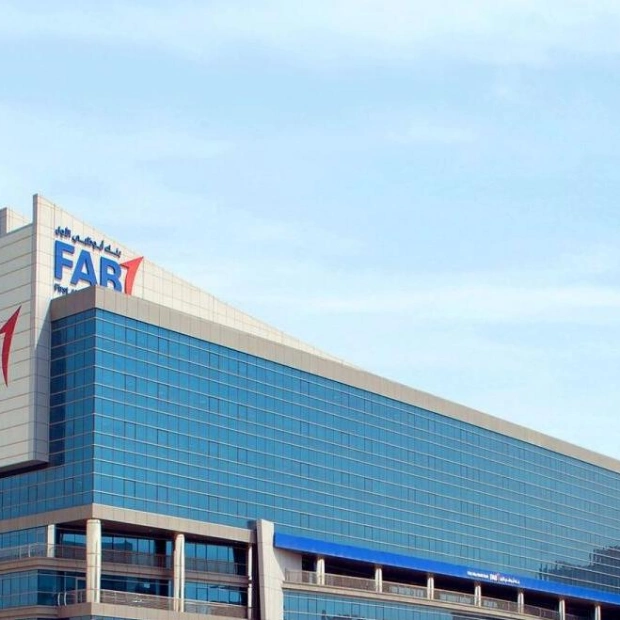Asian shares experienced another decline on Monday, receiving minimal support from China's unexpected reduction in interest rates by its central bank, whereas Wall Street futures strengthened following President Joe Biden's withdrawal from the election race. The People's Bank of China reduced short-term rates by 10 basis points, which subsequently lowered long-term borrowing costs and bond yields. This action comes after Beijing issued a policy document on Sunday detailing its economic ambitions. Investors appeared unimpressed by this move, partly because it highlighted the economy's weakness, causing Chinese blue chips to drop by 0.9% along with the yuan.
"Fundamentally, all indicators suggest that China requires a lower rate environment, especially since the real rate is quite high... in this disinflationary climate," commented Gary Ng, Senior Economist for Asia-Pacific at Natixis in Hong Kong. "I believe the general trend aligns with the current economic situation, indicating a sense of urgency from authorities to stimulate the economy." MSCI's broadest index of Asia-Pacific shares outside Japan fell another 0.7%, following a 3% drop last week. Japan's Nikkei decreased by 1.2% and South Korea's benchmark index dropped 1.3%. Taiwan faced a challenging session with a 2.3% loss due to concerns over U.S. restrictions on chip sales.
Investors seemed well-prepared for President Biden's decision to exit the election race and endorse Vice President Kamala Harris for the Democratic ticket. PredictIT, an online betting site, showed a decrease in pricing for a Donald Trump victory by 4 cents to 60 cents, while Harris's odds increased by 12 cents to 39 cents. California Governor Gavin Newsom, another potential Democratic contender, had odds of 4 cents. Markets responded calmly to the news, with S&P 500 stock futures rising by 0.1% and Nasdaq futures adding 0.2%. Futures for 10-year Treasuries increased by 2 ticks, while 10-year bond yields fell by 2 basis points to 4.22%.
EUROSTOXX 50 futures rose by 0.5%, and FTSE futures strengthened by 0.4%. "As Trump's polling results have improved, markets have favored positions anticipating more trade barriers and possibly higher inflation," noted ANZ analysts. "Some polls indicate Harris performing better than Biden against Trump, and the Democrats are hoping for a boost driven by Harris in the next polls."
A busy week of corporate earnings is set to begin with Tesla and Google-parent Alphabet leading the "Magnificent Seven" megacap group of stocks. Other companies reporting include General Electric, General Motors, Ford, and Lockheed Martin. The tech sector is expected to see a year-over-year earnings increase of 17%, while the communication services sector is projected to rise about 22%. These gains are anticipated to exceed the estimated 11% rise for the S&P 500 overall, according to LSEG IBES. Europe's largest banks will also report this week, focusing on whether gains from higher interest rates have plateaued and if recent political events are affecting market sentiment.
A busy week for economic news will conclude with the Federal Reserve's preferred inflation measure released on Friday. The core personal consumption expenditures index is expected to rise by 0.1% in June, reducing the annual pace to 2.5%. Markets are heavily betting on a favorable outcome, strengthening the case for a September rate cut, which futures are pricing as a 97% chance. Also expected are figures for advance gross domestic product, forecasted to show growth accelerating to an annualized 1.9% in the second quarter, up from 1.4% in the first. The closely watched Atlanta Fed GDPNow indicator suggests growth of 2.7%, indicating potential upside risk.
The Bank of Canada is set to meet on Wednesday and is almost certain to reduce its rates by a quarter point to 4.5%. In currency markets, the dollar slightly reversed some of last week's safe-haven gains as the euro edged up by 0.1% to $1.0886. The dollar was marginally weaker against the Japanese yen at 157.27. In commodity markets, gold remained steady at $2,406 an ounce, still below last week's record high of $2,483.60. Oil prices edged higher, with little progress on a ceasefire deal in Gaza as Israeli forces clashed with Palestinian fighters in the southern city of Rafah on Sunday. Brent crude gained 44 cents to $83.07 a barrel, while U.S. crude rose 41 cents to $80.54 per barrel.






